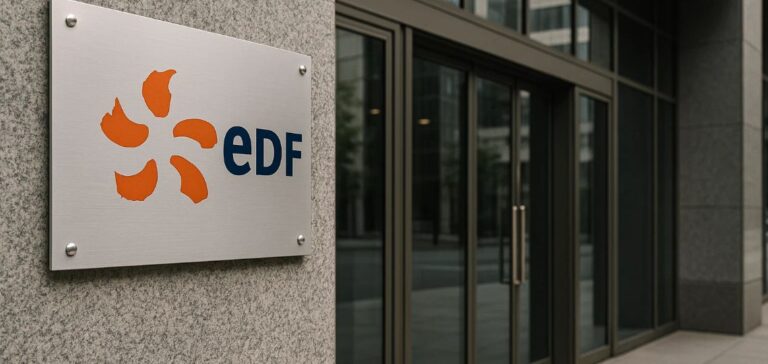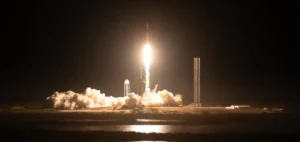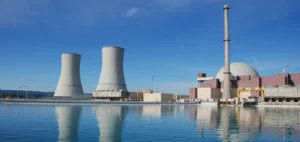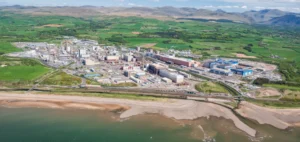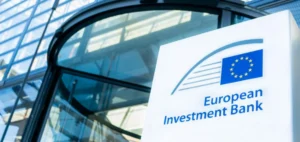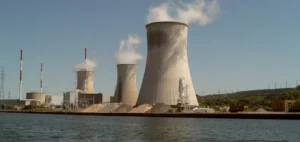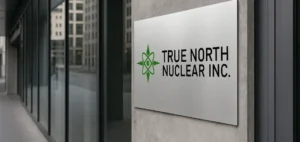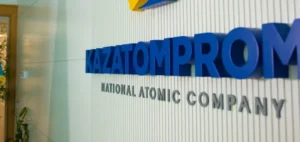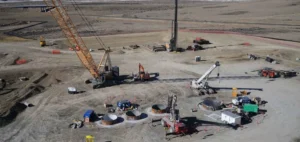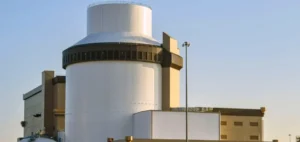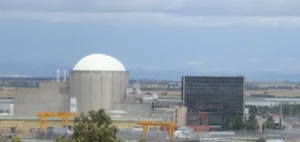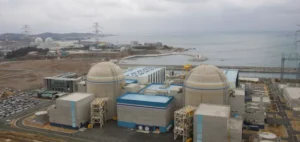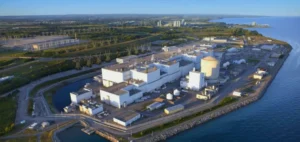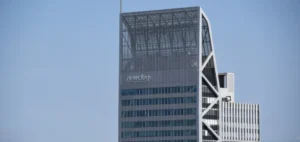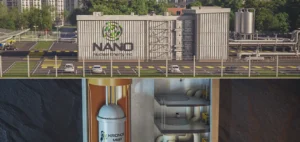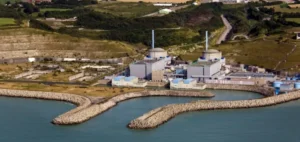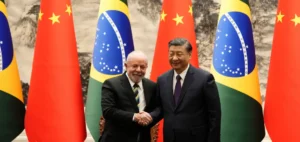French utility Électricité de France (EDF) secured a court injunction in the Czech Republic on 6 May to halt the signing of a contract between the Czech government and Korea Hydro & Nuclear Power (KHNP), selected to build new reactors at the Dukovany power plant. This follows a prior complaint by EDF, dismissed by the Czech competition authority, questioning the integrity of the tender process.
A complaint based on European rules
EDF maintains that its action aims solely to ensure compliance of the project with European regulations. Vakis Ramany, Senior Vice President for International Nuclear Development at EDF, told Czech media that KHNP’s offer—estimated at approximately CZK200bn ($8.6bn) per unit—would be economically unfeasible without illegal state aid. He stated that this allegation is based on publicly available data and statements from the Czech government.
EDF claims its own bid, based on a 1,200 MW reactor versus KHNP’s 1,000 MW, was priced comparably, with only a marginal difference. The company guarantees technology, deadlines and costs for more than half of the contract but highlights that it cannot bear the risks associated with local administrative procedures.
Czech and South Korean opposition
Project company Elektrárna Dukovany II has appealed to the Czech Supreme Administrative Court to lift the injunction, supported by KHNP. The Czech Ministry of Industry and Trade argues that the contract does not fall under the EU’s foreign subsidy regulation, as the tender process began before the regulation took effect.
KHNP has rejected the subsidy allegations as baseless and considers EDF’s actions a threat to regional energy security. The company insists it has complied with all international regulations.
Ongoing EU review
On 2 May, European Commissioner for Industrial Strategy Stéphane Séjourné sent a letter requesting a delay in signing the contract, citing a preliminary review by the European Commission into possible distortions of the internal market caused by foreign subsidies. The Czech government described the letter as non-binding.
An agreement was reached between Prague and Brussels to fast-track consultations on the legal and technical aspects of the engineering, procurement and construction (EPC) contract. According to Reuters, the contract signing may now be delayed until after the general election scheduled for October.
Industrial stakes for the Czech sector
EDF claims its bid guaranteed 40% of the contract for Czech firms, potentially rising to 60% if four units are built. This could represent up to CZK350bn in local contracts, and an additional CZK750bn via EDF-led European nuclear projects.
According to Ramany, EDF does not oppose the construction of new nuclear reactors in the Czech Republic but seeks to ensure the project fully aligns with European standards. He added that only a builder receiving state subsidies could absorb the risks inherent in a complex European regulatory environment.


